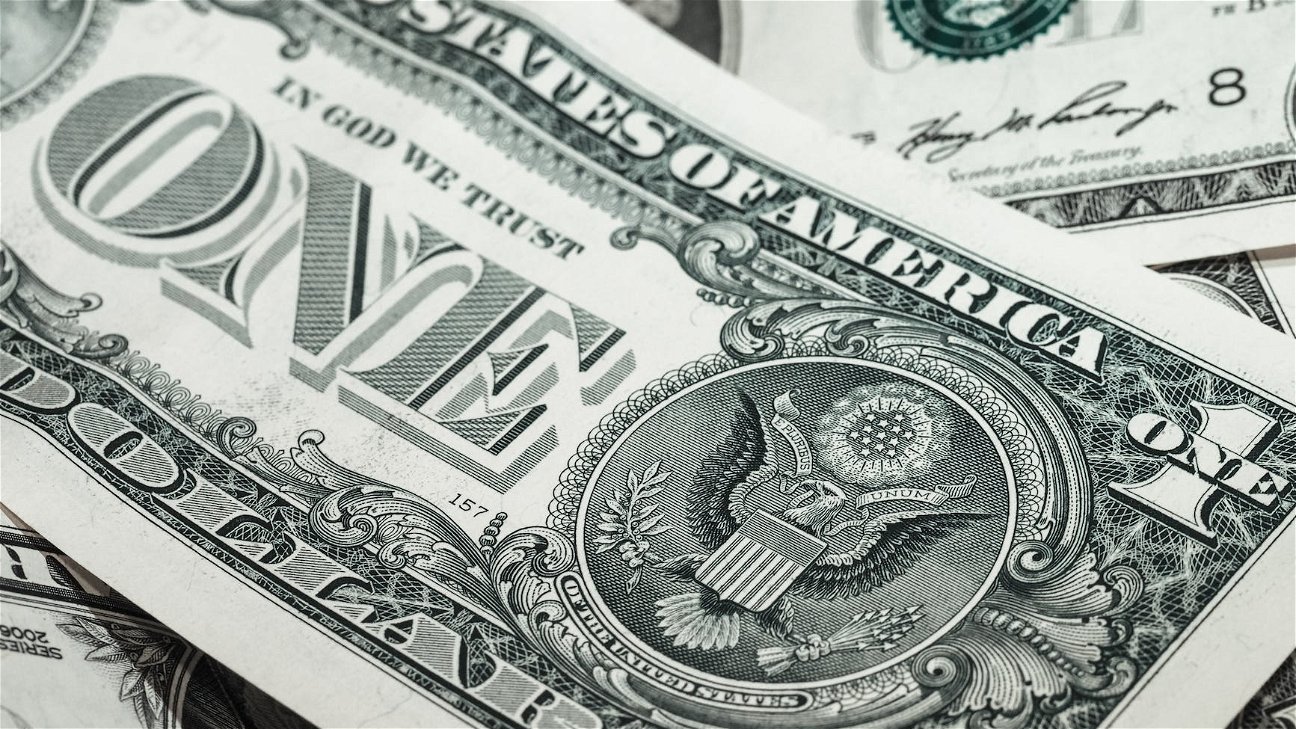
When it comes to personal finance, your 20s are a pivotal time. It's the decade where you start your career, perhaps move out of your parent's home, and take on a whole new level of financial responsibility. Here are three key habits you can cultivate during this critical decade to ensure a sound financial future.
1. Learn to budget
Budgeting is one of the most fundamental personal finance habits, yet many young adults overlook its importance. A budget is a plan that helps you to manage your income and expenses. Not only does it allow you to track where your money is going, but it also enables you to allocate funds to your savings and investment goals.
Here are some steps to start creating a budget:
-
Identify your income: Start with calculating your total income. This should include all sources of income like salary, side hustles, and any passive income.
-
List your expenses: Categorize your expenses into fixed (rent, utilities, etc.) and variable (eating out, entertainment, etc.).
-
Define your financial goals: Once you've identified your income and expenses, define your financial goals. This could be saving for a vacation, repaying debt, or investing for retirement.
-
Create your budget: Allocate funds to each category and stick to it. Use budgeting tools or apps to help manage your budget effectively.
2. Start investing early
Investing in your 20s might seem daunting, especially when you're just starting out in your career. However, the earlier you start investing, the more time your money has to grow, thanks to the power of compound interest.
Here are some investment strategies to consider:
-
Retirement accounts: These could be employer-sponsored accounts like a 401(k) or individual retirement accounts (IRA). The contributions to these accounts are often tax-deductible, and the interest earned is tax-deferred.
-
Stocks and mutual funds: Investing in the stock market can be risky, but it also offers high returns. Start with investing in low-cost index funds or ETFs.
-
Real estate: This can be another lucrative investment option. You can consider buying a rental property or investing in real estate investment trusts (REITs).
3. Build an emergency fund
An emergency fund is a safety net that can provide financial security in case of unexpected expenses like job loss, medical emergencies, or car repairs. As a rule of thumb, aim to save three to six months' worth of expenses in your emergency fund.
Here's how to build your emergency fund:
-
Set a goal: Determine how much money you need to cover three to six months' worth of expenses.
-
Start small: Even if you can't save a lot at once, start with a small amount each month and gradually increase it.
-
Keep it accessible: Your emergency fund should be easily accessible, so keep it in a liquid account like a savings account.
Cultivating these habits in your 20s will not only help you manage your money effectively, but it will also set the stage for a financially secure future. Remember, personal finance is a journey, not a race. So, take your time, learn as much as you can, and make wise financial decisions.











